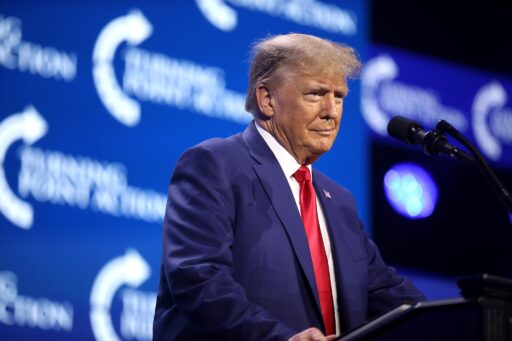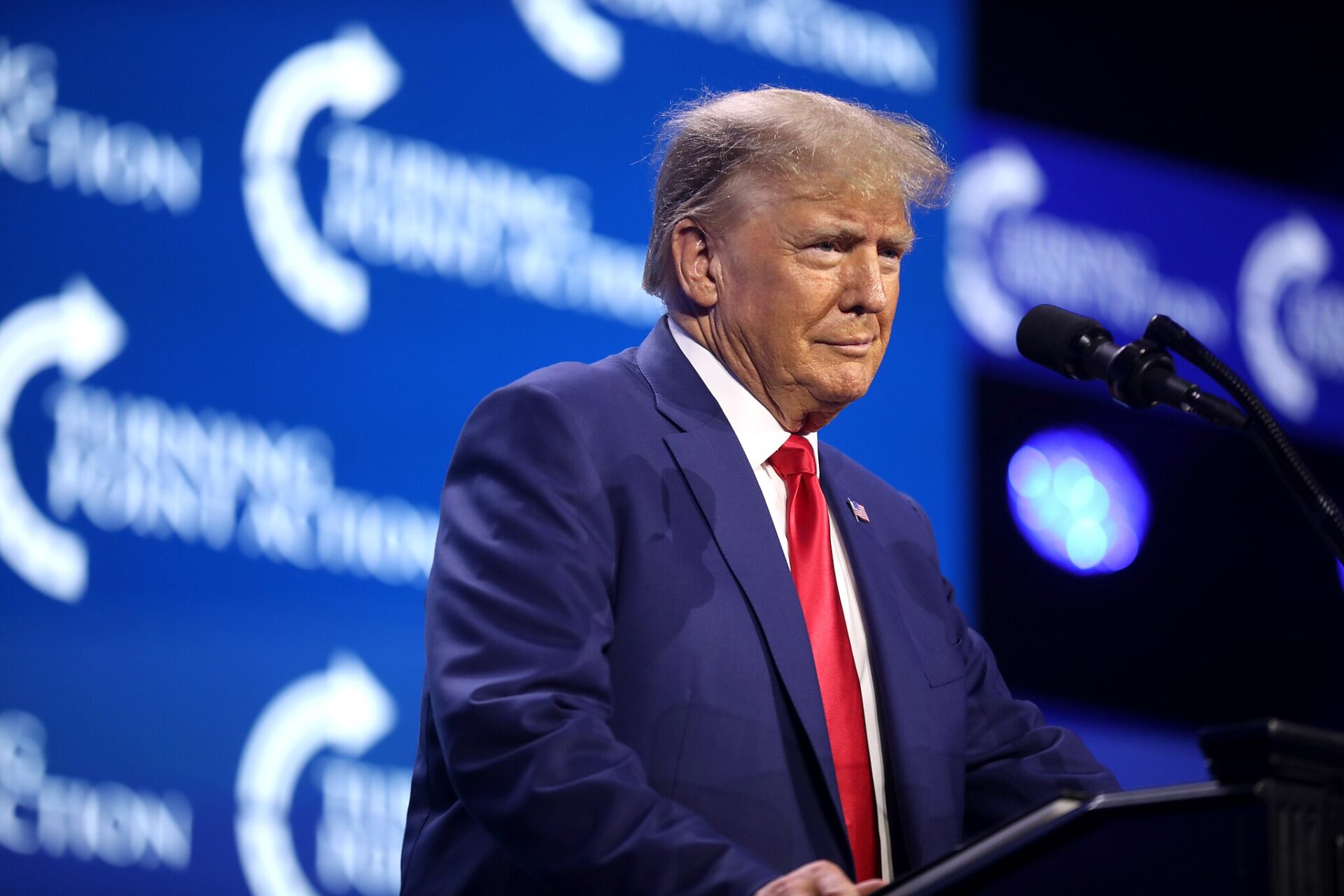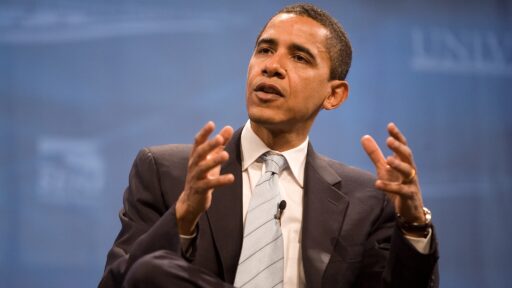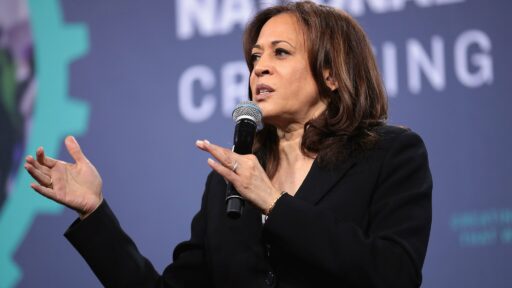Kamala’s ‘Solution’ To Inflation
President Joe Biden’s administration has been notably tight-lipped about Vice President Kamala Harris’s policy proposals, allowing her to dodge thorough scrutiny from both the media and the public. Despite this, Harris’s track record from her failed 2020 presidential campaign provides a blueprint of sorts for her current policy agenda—though she has largely tried to distance herself from her previous stances, including controversial ideas like nationalizing a significant portion of the economy and banning fracking and private health insurance.
Instead, Harris has spent a considerable amount of time crafting a new economic strategy by borrowing from various sources. Notably, she has adopted price control measures reminiscent of former President Richard Nixon’s failed policies. In a rather unusual move, Harris has also incorporated tax policy proposals similar to those put forth by her political opponents, such as former President Donald Trump and Senator J.D. Vance (R-OH).
For instance, shortly after Trump proposed exempting tips from personal income tax for service workers, Harris presented this idea as part of her new economic plan. This is particularly puzzling given that the Biden-Harris administration has notably increased IRS enforcement aimed at taxing tipped workers more heavily. Additionally, their PRO Act would further burden these workers with higher taxes, creating a contradiction in Harris’s own policies.
Similarly, after Senator Vance introduced a $5,000 child tax credit proposal, Harris quickly came out in favor of a $6,000 credit. Such moves indicate a reactive and opportunistic approach rather than a coherent economic strategy.
Harris’s approach to addressing inflation—resulting from her own votes on the $1.9 trillion American Rescue Plan and the $1.3 trillion Inflation Reduction Act—reveals a troubling inclination to repeat past mistakes. Her plan to combat rising prices by implementing nationwide grocery price controls echoes Nixon’s disastrous strategy during the 1970s. Nixon’s attempt to control inflation through price freezes led to severe shortages and a sharp rise in inflation once the controls were lifted.
Harris’s plan to freeze grocery prices, while well-intentioned, is fraught with risks. Grocery stores operate with extremely slim profit margins, making price controls on this sector particularly problematic. The increase in food prices is already in line with broader inflation trends, and imposing price controls could lead to further supply issues and shortages, much like Nixon’s experience.
Overall, Harris’s policy shifts and borrowing from various sources reflect a lack of original thinking and a troubling reliance on failed economic experiments. Her approach seems poised to exacerbate the very issues she aims to resolve, making it clear that Bidenomics may be in for an even rougher ride ahead.







